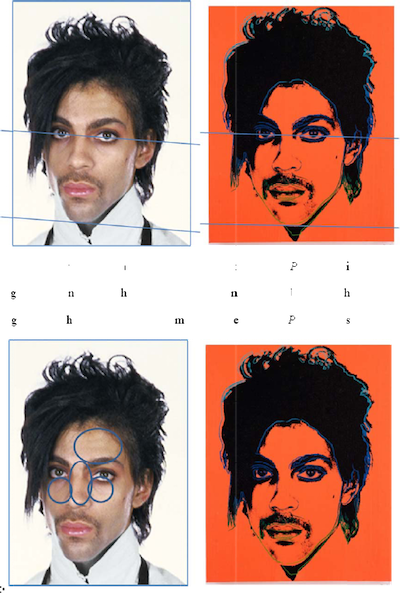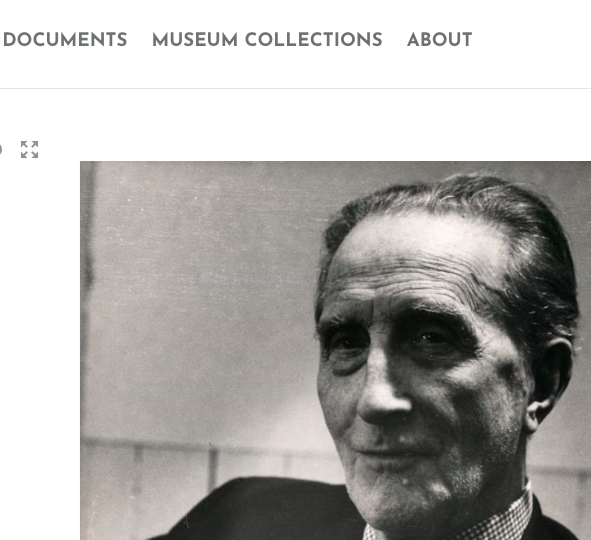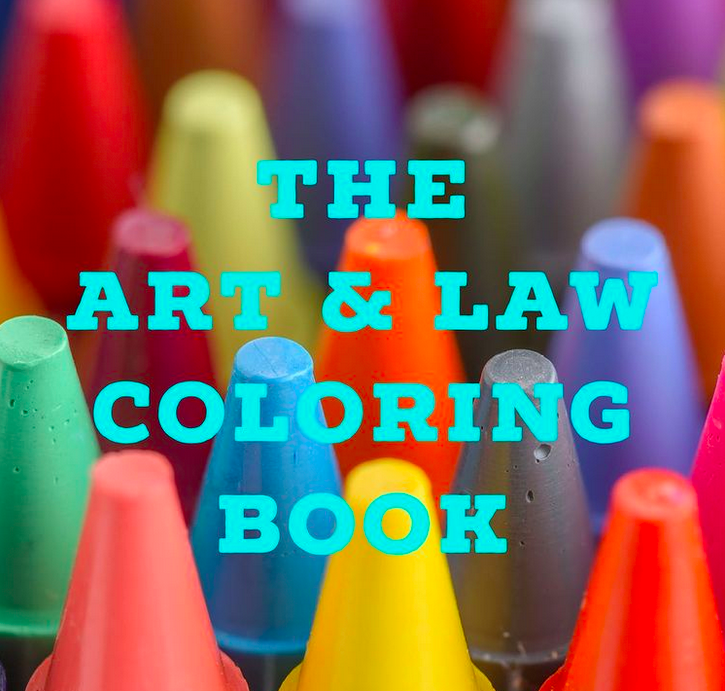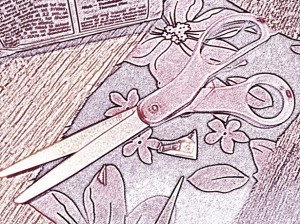
At left, Janine Gordon, Plant Your Feet on the Ground, 2000, and at right, Ryan McGinley, Levi’s advertisement, 2010
I’m not one of those people that likes to say, “I told you so,” but I told you so. The copyright litigation roller coaster gets more interesting by the minute, especially when it involves an artist suing another artist.
According to Artnet,
Artist Janine “Jah Jah” Gordon has filed a lawsuit in the U.S. District Court for the Southern District of New York against photographer Ryan McGinley for copyright infringement, arguing that 150 of McGinley’s photographs, including several used in an ad campaign for Levi’s, a co-defendant in the suit, are “substantially based” on Gordon’s original work.
Ratio 3 along with Peter Hay Halpert Fine Arts and Team Gallery are also defendants in the suit. Interestingly, New Museum curator Dan Cameron has jumped into this fray arguing on Gordon’s behalf,
“My long-term expertise as a critic and curator gives me, I believe, sufficient authority to say, without hesitation, that Ms. Gordon’s work is completely original, in concept, color, composition and content, and that Ryan McGinley has derived much of his work from her creations[.]” [bold text added]
Hmmm. I bold the word “derived” in Cameron’s quote to point out what will most likely be — in my educated fair-use opinion — a win for McGinley. “Derive” here is being used not in the fair use sense of “derivative” work, but rather it is being used in the inspirational sense. Based on the images available for comparison online, McGinley is clearly inspired and influenced by Gordon’s ideas, but as both Gordon’s and McGinley’s lawyers agree, ideas are not protected under US copyright law. If, as Artnet notes, Gordon’s lawyers argue that the concept cannot be differentiated from the expression, then they may want to look elsewhere other than copyright law.
Gordon’s lawyers,
“This idea-pattern may be as much part of his work, and deserving of copyright protection, as the brushstrokes, pencil-lines, etc. The true proposition is that there is no copyright in a general idea, but that an original combination of ideas may [be protected][.]”
Think about this for a minute. If what Gordon’s lawyers are arguing were true, then we would never have Star Trek, Star Wars, and Battlestar Galactica. They all follow a similar combination of ideas: good and evil in outer space; intergalactic spaceship warfare; robots, animals, and human beings co-mingling; the end of planet earth; love triangles… You get the picture (pun intended). Arguing that brush strokes and pencil-lines are protected under copyright is a losing proposition, unless you believe — and square that fragile argument with current US copyright law — that only Gerhard Richter can blur color paint across vast amounts of canvas. Gordon may be able to prove access to the work, but unless she can prove actual copying of a fixed idea, there’s no “there” there, and if she waits too long, there may not be much of the settlement either.
Via Artnet.
UPDATE: July 19, 2011
One of the defendants, José Freire of Team Gallery, has issues a personal statement regarding this lawsuit.










